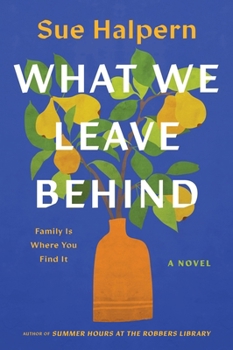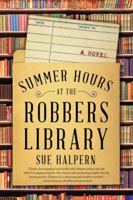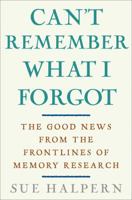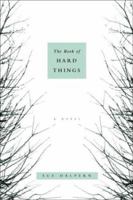What We Leave Behind
Select Format
Select Condition 
Book Overview
Customer Reviews
Rated 5 starsGet Along, Little Doggie!
This is one of the most hilarious books I have EVER read! I laughed so hard I wiped tears of laughter out of my eyes. One thing I caught was that although the story was set in 2000, the date "Saturday, November 21" was given and November 21 was a Saturday in 1998! Wallace Wallace, the unfortunately one-named 8th-grade protagonist lives by the "honesty is the best policy" credo. Some of his honest observations, while insulting...
0Report
Rated 5 starsWallace's Story
In "No more Dead Dogs" Wallace Wallace is in detention for writing a bad book review on "old shep my pal". Wallace can not write a good review because Wallace Wallace never lies. He was a Football Hero, scoring the last touchdown in the playoff game, that won the championship for the Giants. Everybody in school thinks he's a Hero except for Cavanaugh (exbest friend) and Rachel Turner (drama club leader). Mr Floggleman (English...
0Report
Rated 5 starsRollerblading Dogcatchers and Wallace Wallace
This book is creative, funny, and well-written. I have read this book several times, and it never got boring. There is never a dull moment with NO MORE DEAD DOGS in your hands. Wallace Wallace, the star football player that isn't any good, is in detention for writing a bad but truthful book report. He refuses to write one that praises the book ( Old Shep, My Pal), because it isn't truthful. There is a play about the...
0Report
Rated 5 starsA story full of laughs!
No More Dead Dogs, by Gordon Korman, is a humorous tale of Wallace Wallace. The plot shows Wallace as a student football star who doesn't really care about his schoolwork. His teacher gives the class an assignment to read and write a report on Old Shep, My Pal, which is the teacher's favorite book. When Wallace turns in a poorly written report, the teacher gives him detetion until he writes a satisfactory report. Wallace...
0Report
Rated 5 starsFor lots of laughs read "No More Dead Dogs"
Here is a great book for those boys who don't want to read fantasy, adventure or sports books. This book is about a boy who writes a bookreport for his class assignment. His report pans the book and he finds out that not only does his teacher love the book ... but... the teacher is producing the play. His punishment for writing this bookreport is to work on the play until he can write what the teacher feels is a proper...
0Report





























